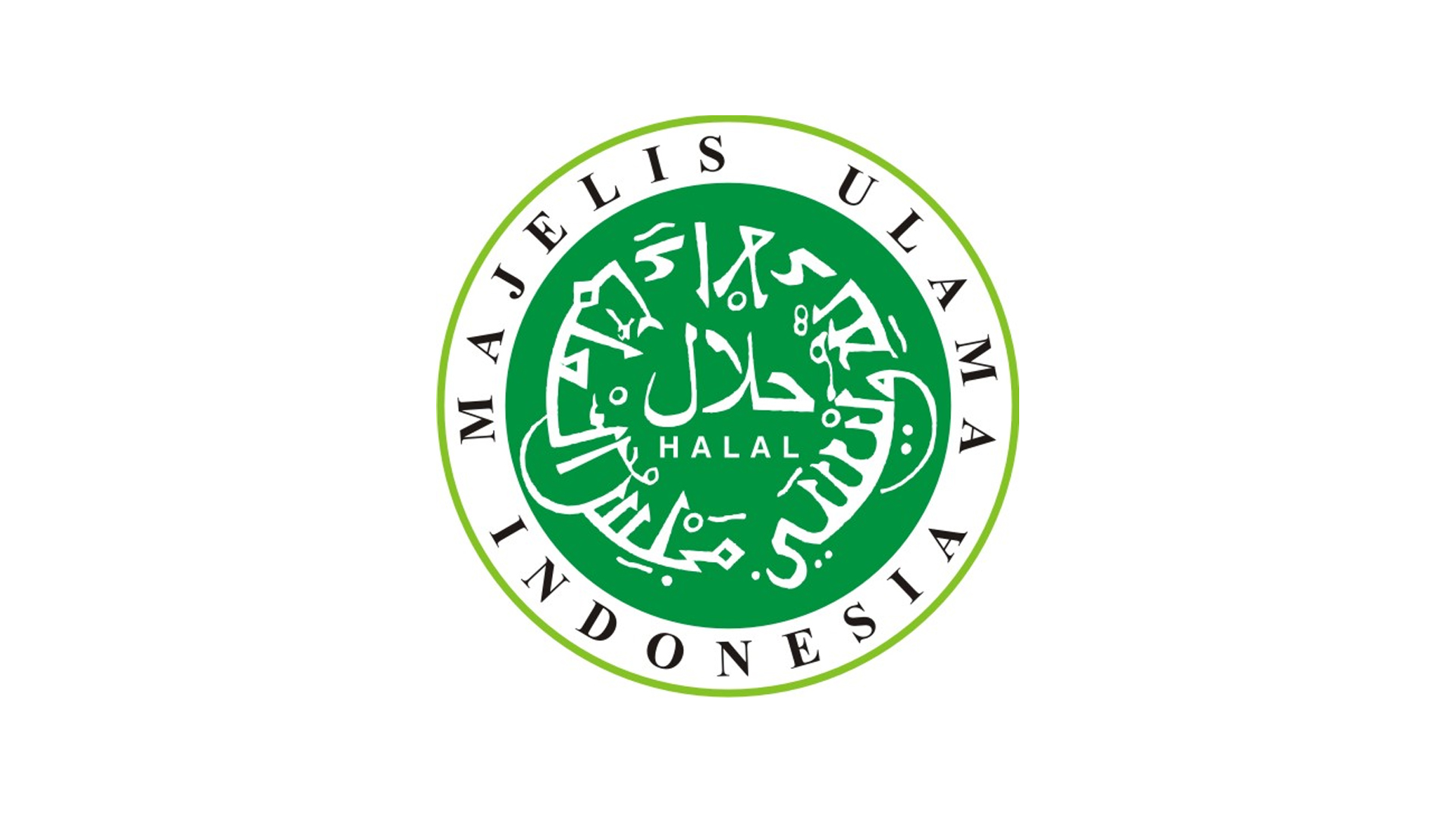LPPOM MUI is the Assessment Institute for Foods, Drugs, and Cosmetics of the Indonesian Council of Ulama (MUI), founded in 1989 to conduct product inspections for halal certification. It is the pioneer halal inspection agency in Indonesia and has become an influential partner in the global halal industry.
The role and function of LPPOM MUI
In Indonesia’s halal certification process, LPPOM MUI collaborates with two other bodies:
- The Halal Product Assurance Organizing Agency (BPJPH): A government agency responsible for implementing halal product assurance and issuing halal certificates.
- The Indonesian Council of Ulama (MUI) Fatwa Commission: Determines the halal status of a product based on the audit report from LPPOM MUI.
In this framework, LPPOM MUI’s specific responsibilities include:
- Assessing the adequacy of a company’s documentation.
- Scheduling and conducting audits to verify compliance with halal standards.
- Preparing and presenting audit reports to the MUI Fatwa Commission.
The halal certification process
The LPPOM MUI halal certification process involves the following key stages:
- Preparation: The company must first implement a Halal Assurance System (HAS) in accordance with the HAS 23000 standard.
- Registration: Companies apply for halal certification through the BPJPH’s SiHalal system and choose LPPOM MUI as their Halal Inspection Body (LPH). Registration details are then filled out in LPPOM MUI’s online system, CEROL-SS23000.
- Audit: LPPOM MUI auditors review the company’s submitted documents, including its HAS manual and product information. An on-site audit is then conducted to verify the company’s compliance with halal requirements.
- Halal Fatwa: LPPOM MUI submits its audit report to the MUI Fatwa Commission, which makes the final ruling on the product’s halal status.
- Certificate Issuance: If the product is declared halal by the Fatwa Commission, BPJPH issues the official halal certificate.
History and development
The establishment of LPPOM MUI was a direct response to a 1988 scandal involving lard contamination in food products in Indonesia, which caused widespread public concern.
- 1989: The government mandated the MUI to prevent similar incidents, leading to the formation of LPPOM MUI on January 6.
- 1991: LPPOM MUI issued its first halal certificate.
- 2012: The institute launched the HAS 23000 standard, making it the first halal certification body in the world to require companies to implement a formal halal assurance system.
- Present: With more than 34 provincial branch offices, LPPOM MUI is the largest and most experienced LPH in Indonesia, serving businesses in over 65 countries.
Address: Jl. Proklamasi No.51, Pegangsaan, Kec. Menteng, Kota Jakarta Pusat, Daerah Khusus Ibukota Jakarta 10320
